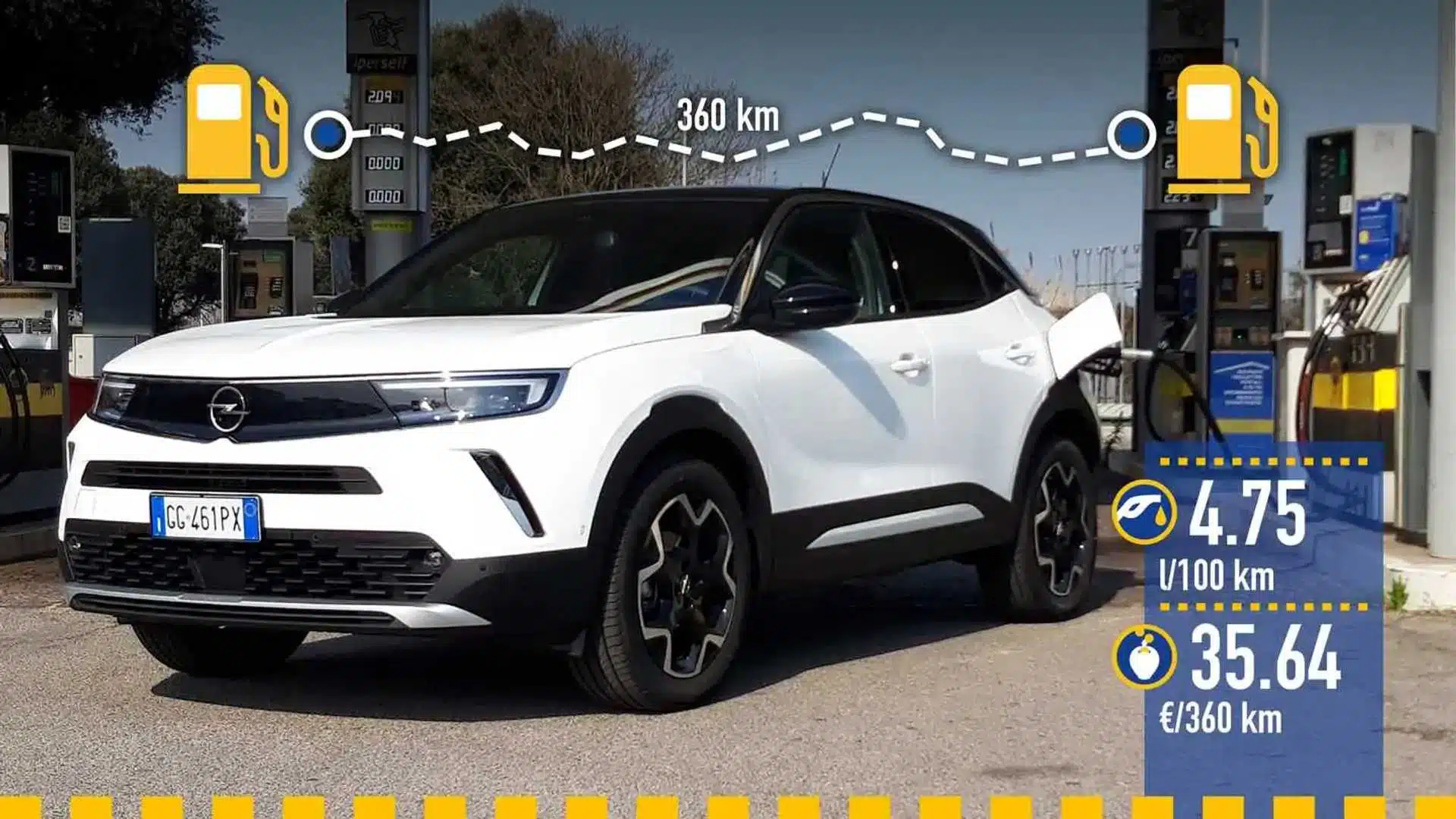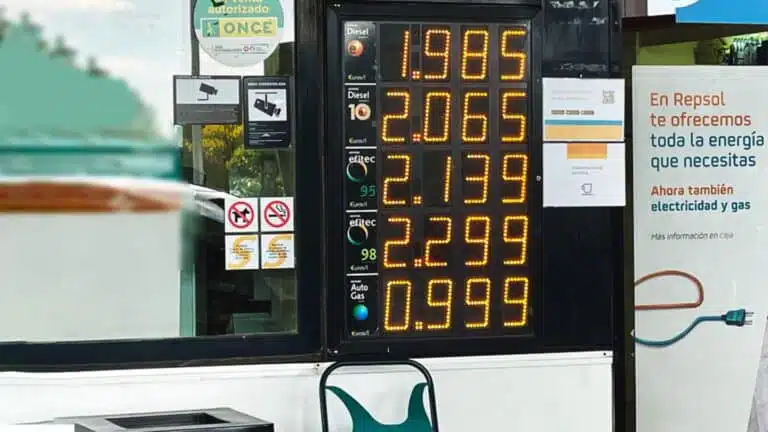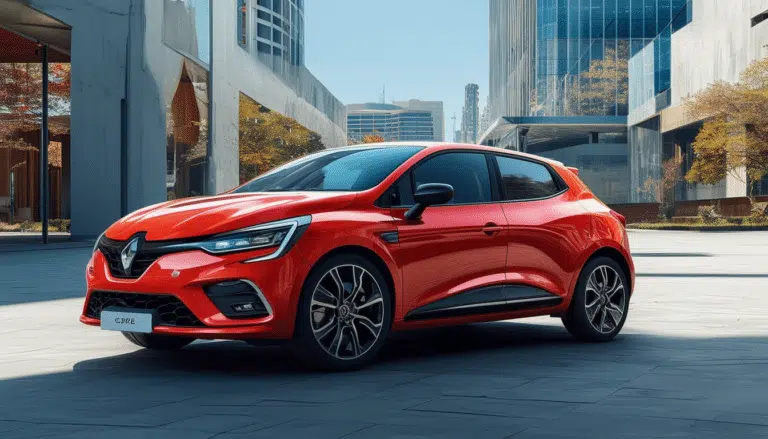¿At what speed is fuel consumed more: 30 km/h or 120 km/h? A scientific analysis

The speed at which a vehicle is driven plays a crucial role in fuel consumption. In a detailed analysis, it examines whether it is more efficient to drive at 30 km/h or 120 km/h. Understanding the relationship between speed and fuel expenditure is essential to promote more sustainable driving practices and optimize the energy performance of cars, taking into account factors such as aerodynamic drag and engine operation.
The relationship between speed and fuel consumption is a highly relevant topic for drivers concerned about the energy efficiency of their vehicles. This analysis examines how different speeds affect fuel gasoline expenditure and presents scientific data supporting the idea that slower driving tends to be more efficient in terms of consumption.
Impact of speed on fuel consumption
It is well known that as speed increases, fuel consumption also rises. This phenomenon is mainly due to aerodynamic drag, which increases exponentially with speed. Driving at 120 km/h poses a greater challenge for the vehicle’s engine, which has to work harder to overcome air resistance, compared to driving at 30 km/h where resistance is much lower.
Effects of aerodynamic drag
Aerodynamic drag is a key factor in fuel efficiency. At 30 km/h, a vehicle can operate within its optimal range, using less energy to move forward. However, at 120 km/h, drag can cause up to 30% more fuel to be consumed, especially considering conditions such as headwinds that can further increase this expenditure. This demonstrates that speed has a direct effect on fuel usage.
Additional consumption due to external factors
In addition to speed, weather conditions and other factors can influence fuel consumption. For example, driving with open windows at high speeds further increases drag, resulting in higher consumption. Additionally, using air conditioning in traffic situations or high temperatures can contribute to an additional rise in fuel expenditure.
Factors influencing consumption beyond speed
Fuel consumption is affected not only by speed but also by various factors. Among them are the weight of the vehicle, which can raise the engine’s load, and the condition of the tires which, if underinflated, generate greater rolling resistance.
Recommendations for efficient driving
In order to optimize fuel consumption, it is advisable to maintain a constant speed, avoid sudden accelerations and braking. Also, performing regular maintenance to ensure that filters and mechanical components are in good condition is essential to ensure optimal vehicle performance.
The role of planning and road education
Road education and planning are key elements for efficient driving. Applications that help to plan fuel consumption can be useful tools. These technologies allow drivers to make informed decisions about their routes and driving behaviors, positively impacting their fuel consumption.
Conclusions
Understanding the relationship between speed and fuel consumption is crucial for anyone looking to optimize their fuel expenses. Driving at 30 km/h is significantly more efficient compared to 120 km/h, especially when considering additional factors that affect vehicle performance. Implementing sustainable driving practices not only helps the environment but also contributes to financial savings.
Fuel consumption and speed: a conclusive analysis
The fuel consumption of a vehicle varies considerably with the speed at which it is driven. When comparing the speeds of 30 km/h and 120 km/h, scientific evidence is conclusive: driving at 120 km/h results in significantly higher fuel consumption. This phenomenon is largely due to aerodynamic drag, which increases exponentially as speed increases. The faster you drive, the more work the engine has to do to overcome this drag.
Aside from air resistance, other factors also play an important role in a vehicle’s energy performance. For example, the weight of the car, the maintenance condition of its components, and the use of accessories like air conditioning, can dramatically alter consumption. A poorly maintained vehicle will consume more, even at lower speeds. Therefore, keeping a vehicle in good condition is essential for optimizing its energy efficiency.
Furthermore, it is important to highlight that although it is advisable to maintain a constant speed for more efficient driving, driving at excessively low speeds may also not be optimal. The engine may not operate in its efficient operating range, which can lead to unnecessary fuel consumption. The simplest perspective for all drivers would be to adhere to a speed range between 50 and 80 km/h, where the efficiency of fuel usage is maximized without reaching the harmful extremes of both speeds.
Ultimately, the relationship between speed and fuel consumption is complex, but the data clearly shows that traveling at higher speeds, such as 120 km/h, results in much greater fuel expenditure compared to lower speeds, like 30 km/h.



